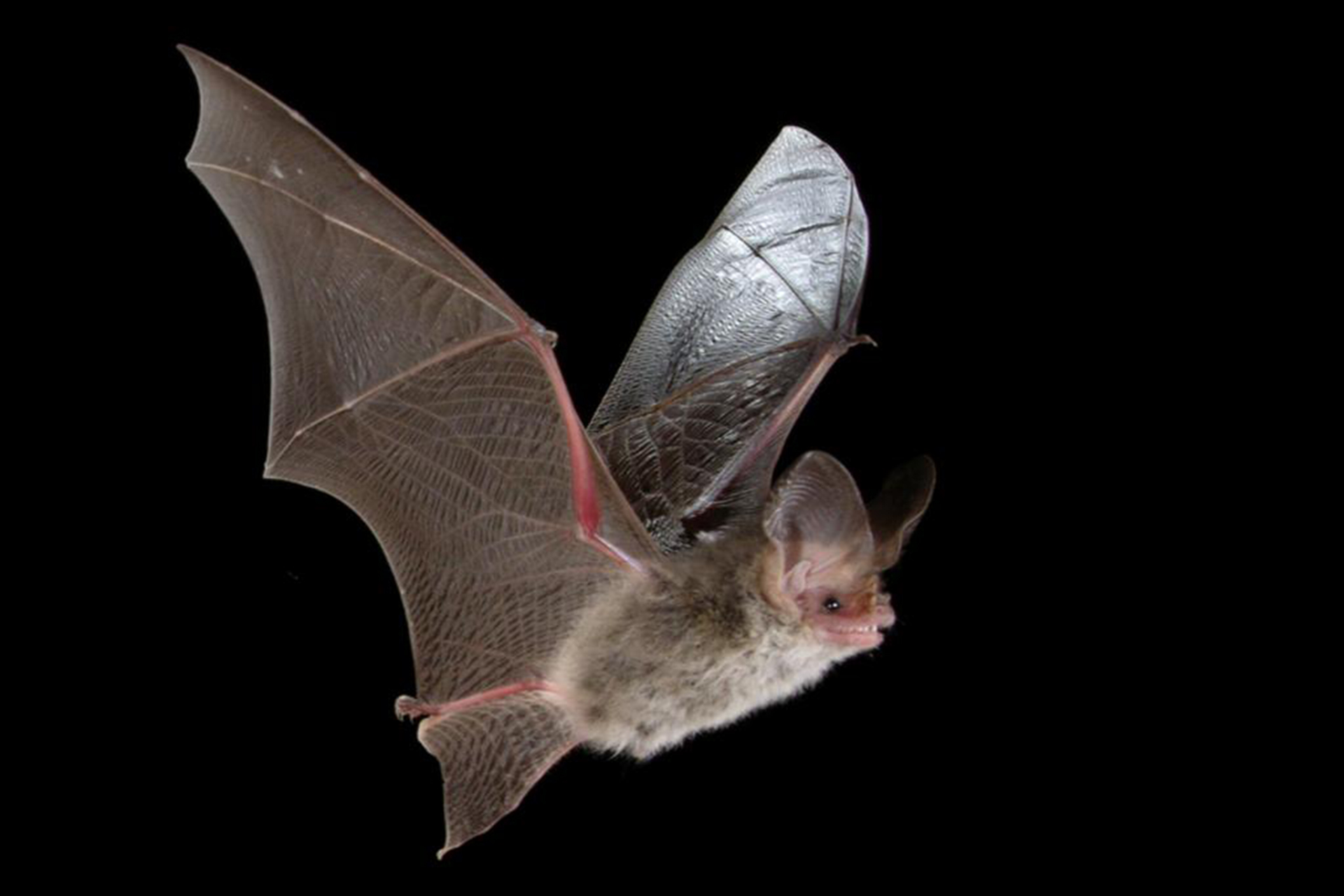
A vespertilionid bat, a flying nocturnal mammal found in Australia. Photo: Flickr: Michael Pennay
Editor’s note: A website that includes FAQs about the proposed bat facility and related research can be found at batresearch.colostate.edu.
The National Institutes of Health has awarded $6.7 million to Colorado State University for a new facility to study bats.
Sometimes animals carry pathogens that cause diseases that harm humans, also known as zoonotic diseases. Bats can harbor coronaviruses, so proper care and study of bats and pathogens is critical to protect global public health. CSU is a world leader in research on zoonotic infections. The University’s scientists have been studying bats and other vectors that transmit dengue fever, Zika and West Nile viruses for more than 30 years.
“The new center will be a one-of-a-kind facility dedicated to maintaining bat colonies for research,” said Greg Ebel, professor in the Department of Microbiology, Immunology and Pathology and director of the Center for Vector-borne Infectious Diseases at CSU. “This award will dramatically increase our ability to study the role of bats in disease transmission and help us become even stronger in researching emerging zoonotic pathogens,” he added.
The global coronavirus pandemic has affected nearly 232 million people and killed 4.7 million worldwide, according to the World Health Organization. About 1,400 Americans are currently dying daily from COVID-19, the disease caused by SARS-CoV-2. How the virus made its way to humans remains under investigation.
“This facility is especially timely considering the current COVID-19 pandemic, since some groups of bats have an evolutionary association with coronaviruses,” said Rebekah Kading, assistant professor in the Department of Microbiology, Immunology and Pathology. “There are so many pertinent research questions that can only be answered having a facility like this. It will create a legacy of research opportunities for students for years to come.”
CSU’s Biosafety Director Rebecca Moritz said the priorities in designing the facility and a bat research program will be the safety and security of the research and the creation of specialized training for caretakers and scientists. The project is planned to be completed by 2025.
The University was chosen for the facility for its leadership in the study of zoonotic diseases. The facility will be part of the Center for Vector-borne Infectious Diseases and will be located on the CSU Foothills Campus. CSU research converges scientific disciplines focused on protecting animals, people and the environment.
The award is supported by the Office of the Director, National Institutes of Health, under award number C06OD032019.
Learn more about CSU’s bat research, including a recent first-ever discovery of Zika virus RNA in free-ranging African bats and a look at research conducted by Associate Professor Tony Schountz, an expert on the bat immune system and its uncanny ability to halt viral disease.